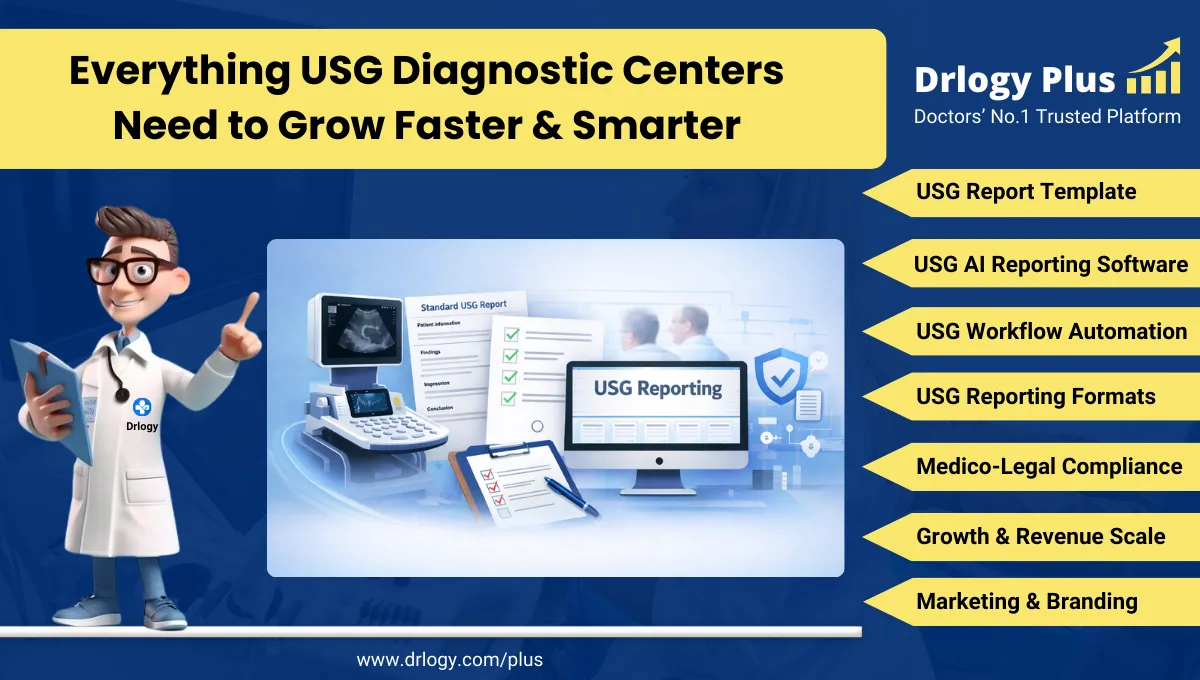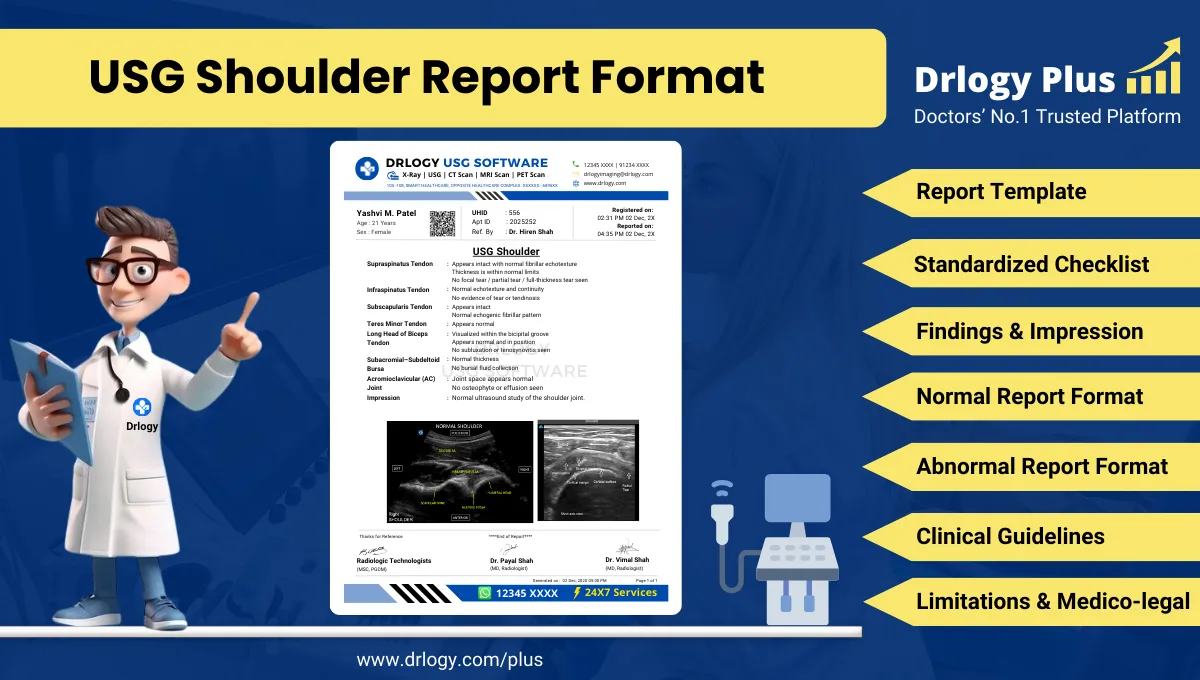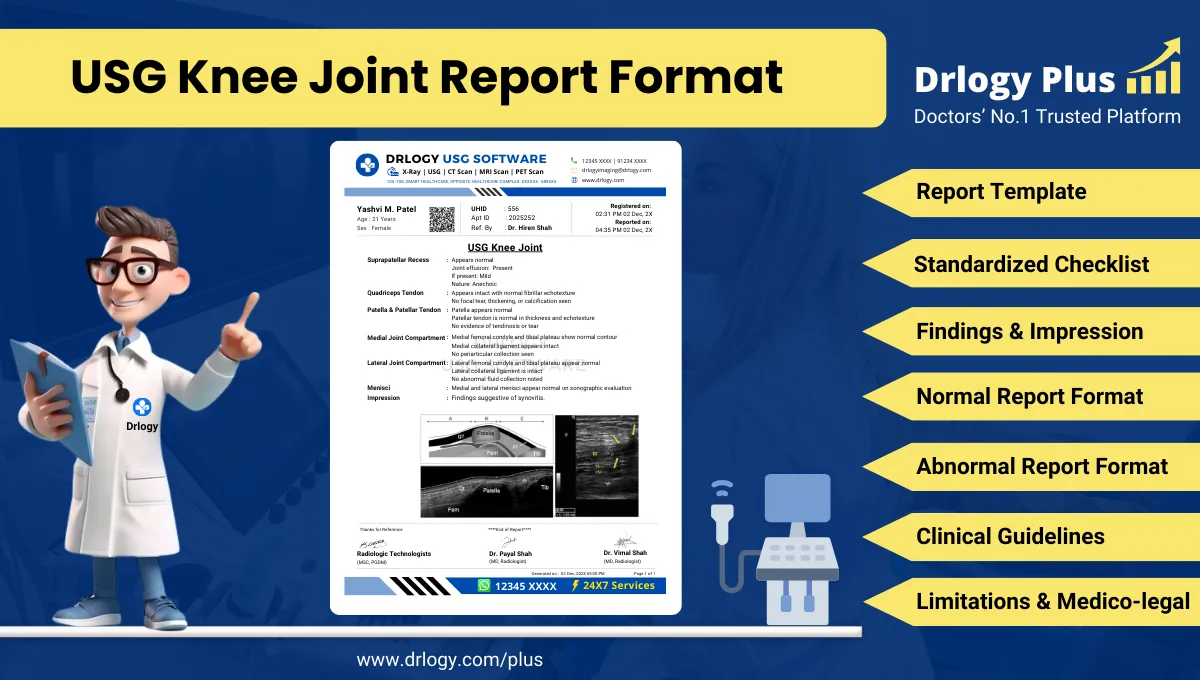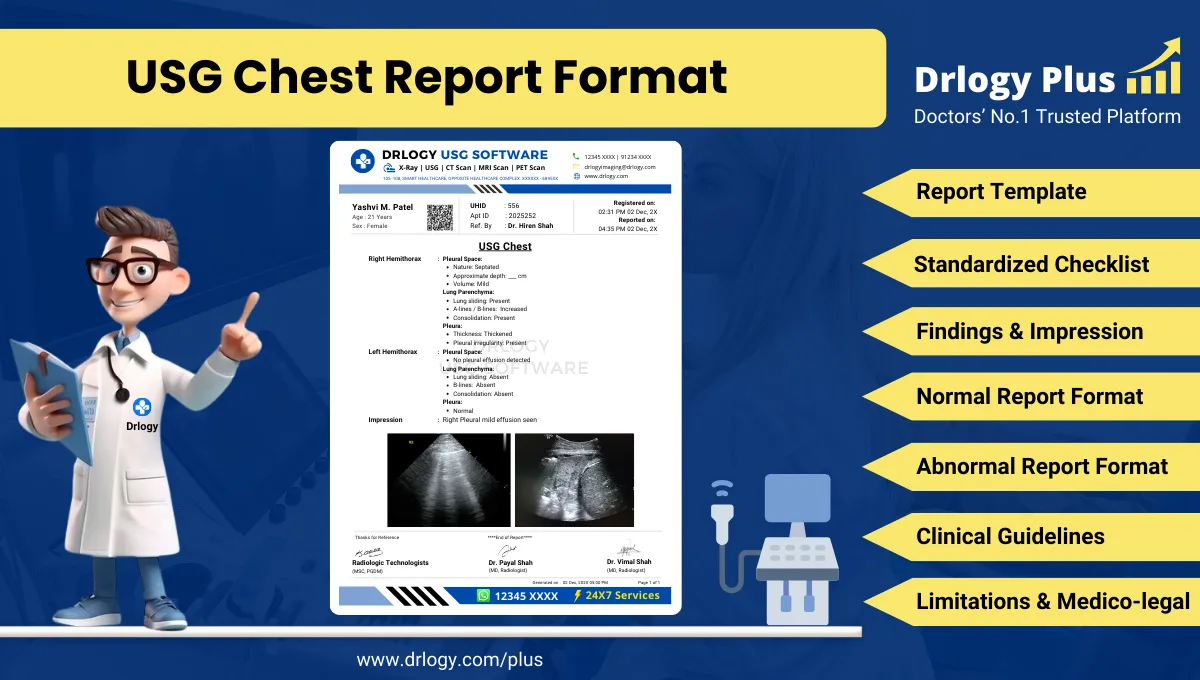

Drlogy
Healthcare organization
10 Reasons Why OPD Management Must For Hospital Management System
Efficient OPD management is vital for hospitals to ensure smooth patient flow, optimize resource utilization, and enhance overall patient experience.
Recommended
Implementing robust OPD management features in a Hospital Management System (HMS) streamlines operations, improves care coordination, and contributes to better healthcare outcomes.
What is OPD management in Hospital Management System
- OPD management in hospitals refers to the efficient handling and coordination of outpatient services, including appointment scheduling, patient registration, and treatment documentation.
- It matters because it ensures timely and organized delivery of healthcare services to patients who do not require overnight stay, contributing to patient satisfaction and overall operational efficiency.
- Effective OPD management streamlines hospital workflows, reduces waiting times, optimizes resource utilization, and enhances the overall quality of patient care.
Check
10 Best OPD Management Features For Hospital Management System
Here are 10 Best OPD Management Features For Hospital Management System.

1. Patient Registration
- OPD Management in HMIS offers a user-friendly interface for seamless patient registration, capturing essential details and streamlining the process.
- It allows for easy storage and retrieval of patient information, ensuring accuracy and accessibility for healthcare providers.
- Hospitals can maintain comprehensive patient records, enhancing continuity of care and improving patient satisfaction.
- Integration with other modules enables automatic data transfer, reducing duplicate entries and minimizing errors.
Drlogy HMIS enhances patient registration processes, ensuring efficient workflows and improved patient experiences.
2. Appointment Scheduler
- OPD Management in HMIS provides a robust appointment scheduling module, allowing hospitals to manage appointments efficiently on a daily, weekly, or monthly basis.
- It offers customizable scheduling options, enabling hospitals to tailor appointment slots according to specialty, doctor availability, and patient preferences.
- Hospitals can send automated appointment reminders to patients, reducing no-show rates and optimizing resource utilization.
- Integration with patient portals enables online appointment booking, enhancing patient convenience and accessibility to healthcare services.
Drlogy HMIS streamlines appointment scheduling processes, improving patient flow and enhancing operational efficiency for hospitals.
3. Check-in
- OPD Management in HMIS offers a streamlined check-in process, allowing patients to check-in quickly upon arrival at the hospital.
- It provides self-service kiosks or mobile check-in options, reducing wait times and minimizing manual paperwork.
- HMIS integrates with patient registration and appointment scheduling modules, ensuring seamless data flow and accurate patient tracking.
- Hospitals can customize check-in workflows to match their specific requirements and preferences, enhancing patient satisfaction and experience.
Drlogy HMIS enhances the check-in process, improving patient flow and reducing administrative burden for hospital staff.
4. Examination and Treatment
- OPD Management in HMIS supports comprehensive examination and treatment workflows, allowing healthcare providers to document patient encounters efficiently.
- It provides templates and tools for standardized documentation of examination findings, diagnoses, and treatment plans.
- Hospitals can track patient progress and treatment outcomes over time, facilitating continuity of care and informed decision-making.
- Integration with other modules such as electronic medical records (EMR) and prescription management ensures seamless data flow and accurate record-keeping.
Drlogy HMIS enhances examination and treatment processes, enabling healthcare providers to deliver high-quality care and improve patient outcomes.
5. Electronic Medical Records (EMR) Management
- OPD Management in HMIS offers robust electronic medical records (EMR) management capabilities, allowing hospitals to maintain comprehensive and accurate patient records.
- It provides secure storage and retrieval of EMRs, ensuring confidentiality and compliance with healthcare regulations.
- HMIS enables healthcare providers to access patient records anytime, anywhere, facilitating informed decision-making and continuity of care.
- Integration with other modules such as appointment scheduling and billing streamlines workflows and enhances operational efficiency.
Drlogy HMIS enhances EMR management, improving data accuracy, accessibility, and patient care coordination for hospitals.
6. Billing and Insurance
- OPD Management in HMIS includes a comprehensive billing and insurance module, enabling hospitals to manage billing processes efficiently and accurately.
- It supports automatic generation of bills and invoices, reducing manual errors and ensuring timely payment collection.
- Integration with insurance databases allows for seamless verification of insurance coverage and submission of claims, streamlining revenue cycle management.
- HMIS provides detailed billing reports and analytics, enabling hospitals to track financial performance andentify areas for improvement.
With Drlogy HMIS, hospitals can optimize revenue generation and ensure compliance with billing regulations, enhancing financial stability and sustainability.
7. Queue Management System
- OPD Management in HMIS offers a robust queue management system, allowing hospitals to optimize patient flow and reduce waiting times.
- It provides real-time updates on patient status and wait times, enabling staff to manage queues effectively and prioritize urgent cases.
- Integration with appointment scheduling and check-in modules ensures seamless coordination and efficient patient routing.
- HMIS enables hospitals to customize queue management workflows to match their specific needs and preferences.
With Drlogy HMIS, hospitals can improve patient satisfaction and operational efficiency by minimizing wait times and enhancing overall care delivery.
8. Prescription Details
- OPD Management in HMIS includes a comprehensive prescription management module, enabling healthcare providers to generate and manage prescriptions efficiently.
- It supports electronic prescribing, reducing errors and improving medication safety for patients.
- Integration with pharmacy systems allows for seamless transmission of prescriptions and retrieval of medication history.
- HMIS provides tools for medication reconciliation and allergy checking, ensuring patient safety and compliance.
With Drlogy HMIS, hospitals can streamline prescription workflows, improve medication management, and enhance patient outcomes.
9. Patients Management
- OPD Management in HMIS offers robust patients management capabilities, allowing hospitals to maintain detailed records and profiles for each patient.
- It provides tools for patient tracking, including visit history, demographic information, and contact details.
- HMIS supports patient engagement initiatives, such as patient portals and communication tools, to enhance patient-provider interactions.
- Integration with other modules ensures seamless data flow and accessibility of patient information across the hospital.
With Drlogy HMIS, hospitals can improve patient management processes, enhance patient satisfaction, and optimize care delivery.
10. Follow-Up
- OPD Management in HMIS facilitates efficient follow-up processes, allowing healthcare providers to monitor patient progress and outcomes after treatment.
- It provides tools for scheduling follow-up appointments, sending reminders, and tracking patient adherence to treatment plans.
- HMIS enables communication between healthcare providers and patients, fostering engagement and continuity of care.
- Integration with electronic medical records (EMR) and other modules ensures seamless documentation and access to follow-up information.
With Drlogy HMIS, hospitals can improve patient outcomes, reduce readmissions, and enhance overall quality of care through effective follow-up processes.
10 OPD Management Benefits For Hospital Management System
Here are 10 OPD Management Benefits For Hospital Management System.
- Streamlined OPD Workflow: Enhances efficiency by automating OPD processes like appointment scheduling and patient registration.
- Improved Patient Experience: Reduces wait times, enhancing satisfaction and loyalty.
- Enhanced OPD Coordination: Facilitates seamless communication among staff, leading to better coordination in OPD operations.
- Accurate OPD Records: Ensures comprehensive and accurate documentation of patient visits, aiding in treatment planning and follow-up.
- Effective OPD Resource Utilization: Optimizes staff and facility utilization, reducingle time and improving productivity.
- Enhanced OPD Revenue Management: Improves billing accuracy and timeliness, maximizing revenue collection in the OPD.
- Efficient OPD Queue Management: Minimizes patient wait times through efficient queue management systems.
- Secure OPD Data Management: Ensures confidentiality and integrity of OPD patient data, complying with regulatory standards.
- Real-time OPD Analytics: Provides valuable insights into OPD performance and patient flow, facilitating decision-making.
- Seamless OPD Integration: Integrates OPD management seamlessly with other hospital departments, ensuring smooth patient transitions and continuity of care.
Drlogy Hospital Management System Features Guide For HMIS
Here are 16 Steps Drlogy Hospital Management System Features Guide For HMIS Selection.
| 1. HMIS | 9. Billing |
| 2. OPD Management | 10. Patient Portal |
| 3. IPD Management | 11. EMR and EHR Management |
| 4. ICU Management | 12. MRD Management |
| 5. OT Management | 13. Ambulance Management |
| 6. Lab Management | 14. Biomedical Waste |
| 7. Radiology Management | 15. Online Appointment |
| 8. Pharmacy Management | 16. ROI and Budget |
Summary
In conclusion, Drlogy HMIS offers a comprehensive solution for hospitals, empowering them with efficient OPD management features to streamline operations, enhance patient care, and improve overall hospital performance. With Drlogy HMIS, hospitals can optimize workflows, enhance patient satisfaction, and achieve better outcomes in OPD management.
Explore the complete 16 steps Drlogy Hospital Management System (HMS) guide for comprehensive insights into optimizing hospital operations and patient care.




